
Theda Bara, born Theodosia Burr Goodman on July 29, 1885 to a local Jewish family, attended the University of Cincinnati from 1906-1908 before leaving to pursue an acting career. Bara became one of the biggest stars of the silent film era making 40 films between 1914 and 1926. Her femme fatale roles earned her the nickname “The Vamp.”
While most of the films Theda Bara starred in were destroyed in a studio fire, her name lives on at UC with the T. Everett Harré Manuscript on Theda Bara, which is housed in the Archives and Rare Books Library.
This weekend’s episode of CET and ThinkTV’s “The Art Show” will feature Theda Bara and the manuscript in Archives and Rare Books. View it Saturday, May 17 at 6pm on CET or Sunday, May 18 at 5:30pm on Dayton’s ThinkTV. It will also appear on the PBS App and is currently viewable on YouTube.
Included in the episode, Chris Harter, university archivist and head of the Archives and Rare Books Library, talks about the 450-page typewritten manuscript that documents Bara’s life. It was intended to be a memoir ghostwritten in collaboration with Bara, but was never published. Holly Prochaska, preservation librarian and head of the Preservation Lab, talks about how they worked to ensure that the manuscript and letters between Bara and Harré are protected and will remain available for study and research long into the future, thus cementing Theda Bara’s legacy.
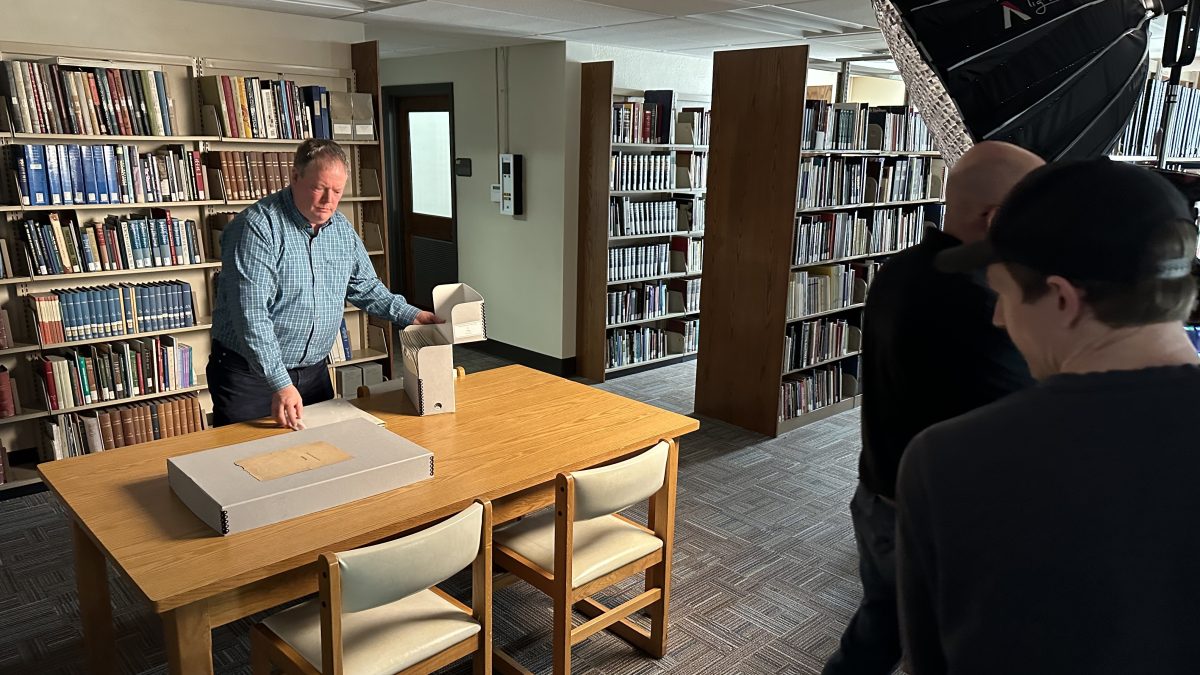

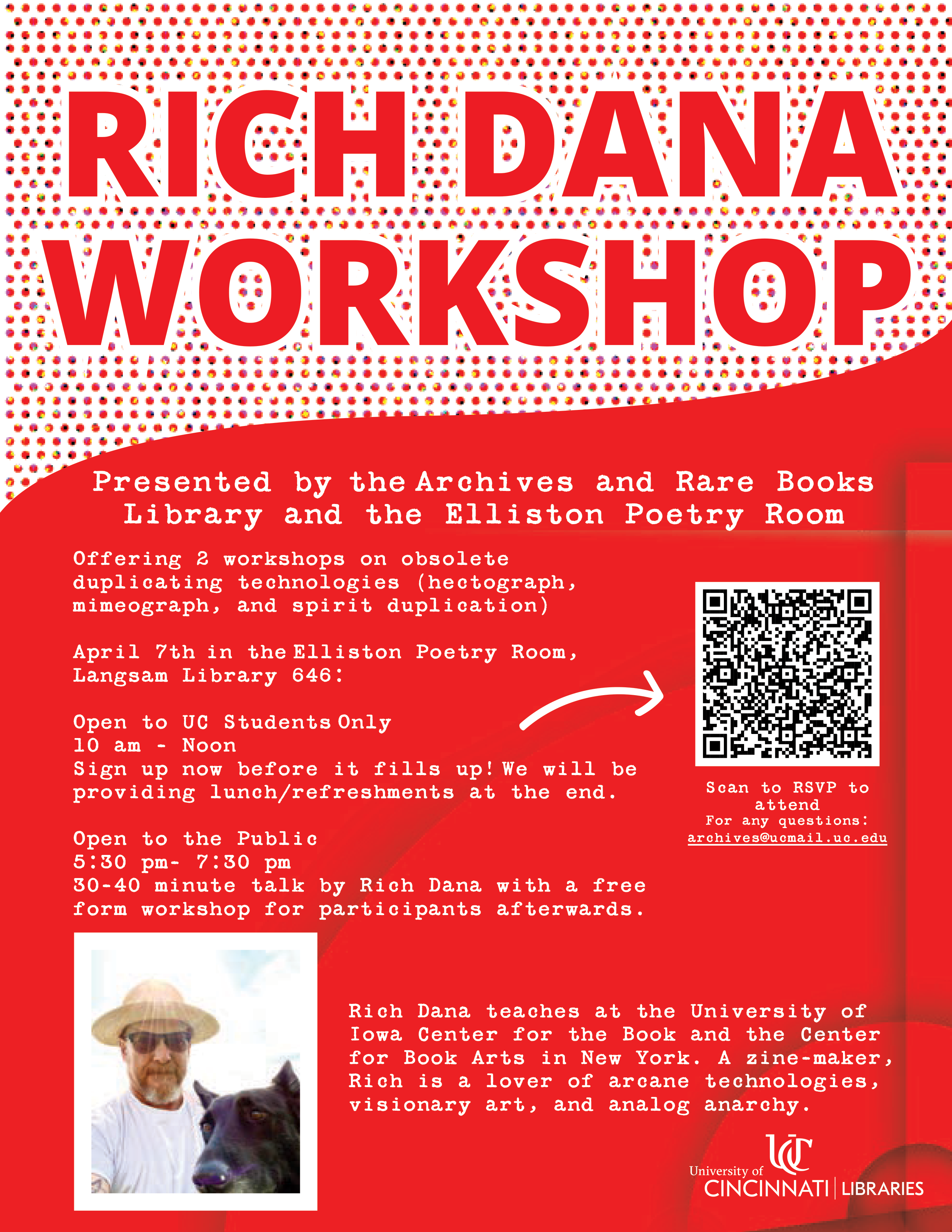
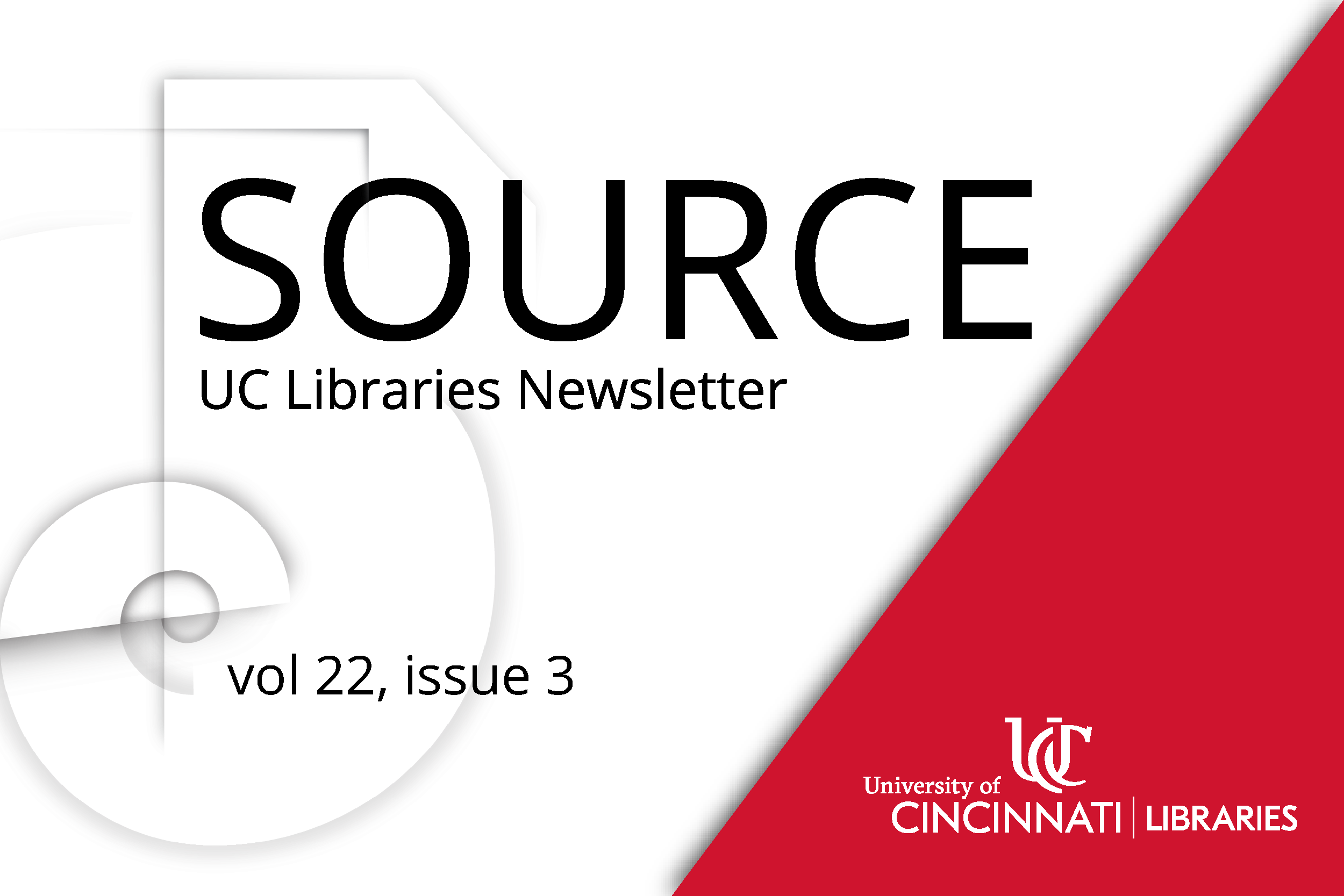
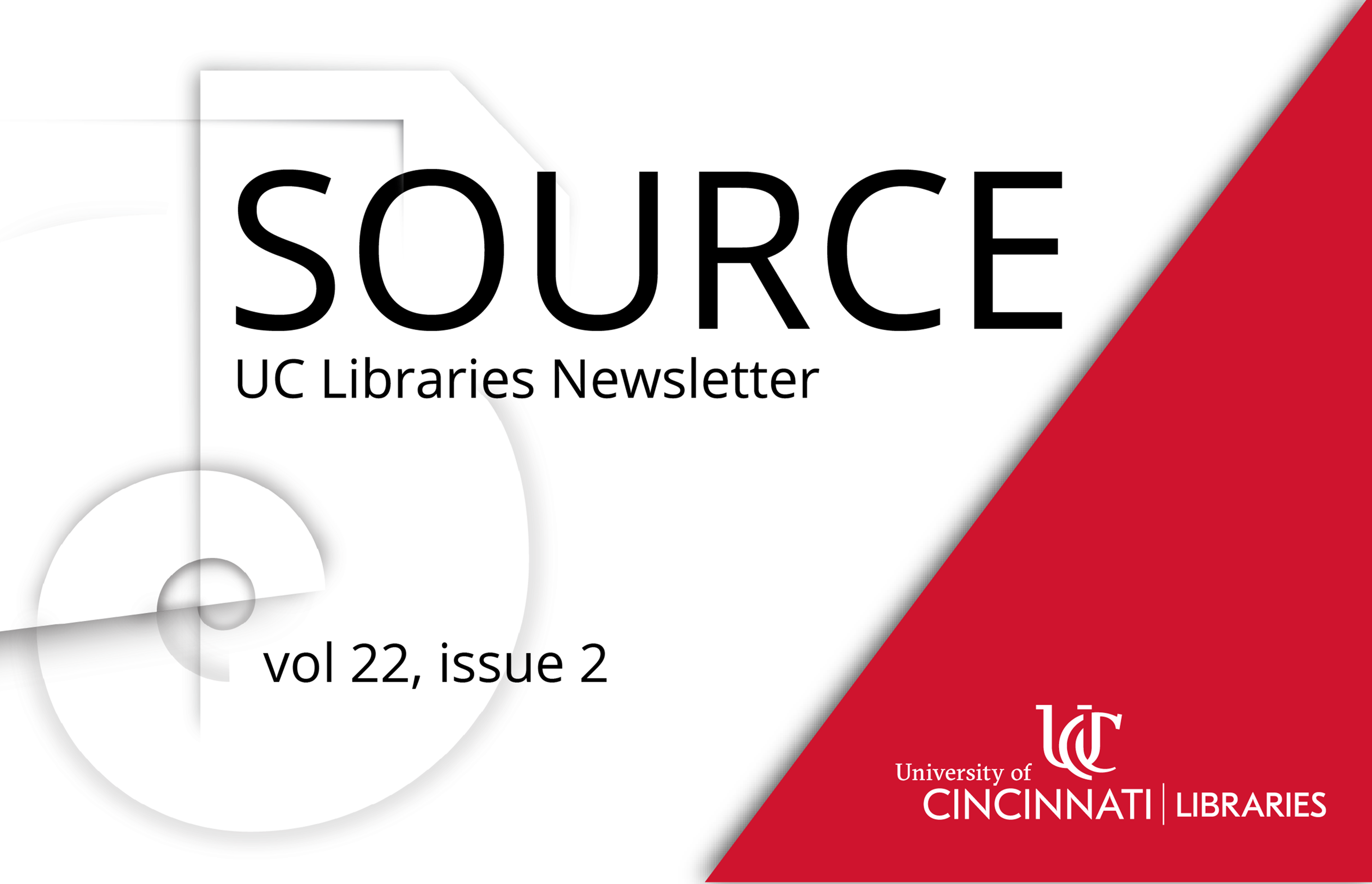
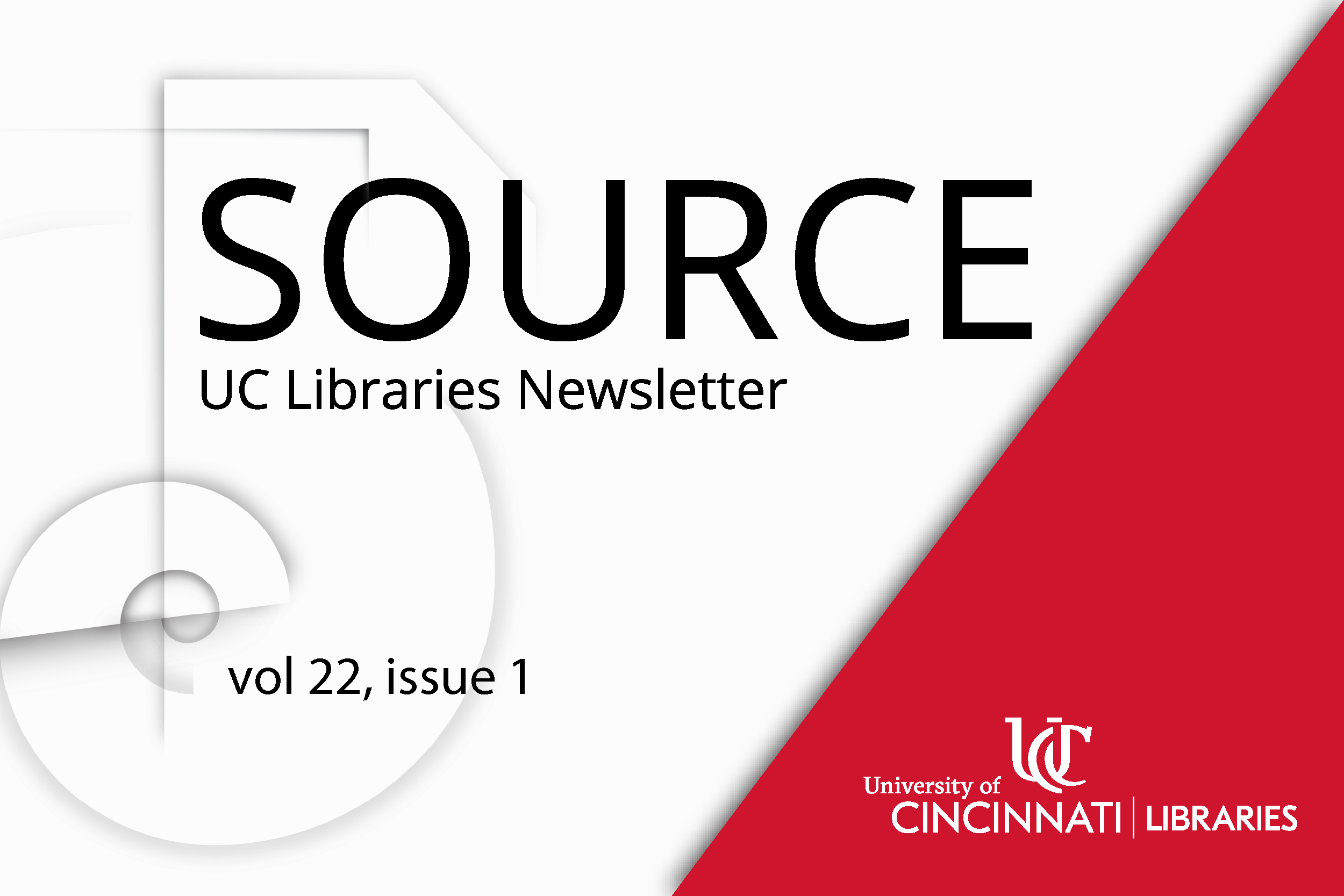

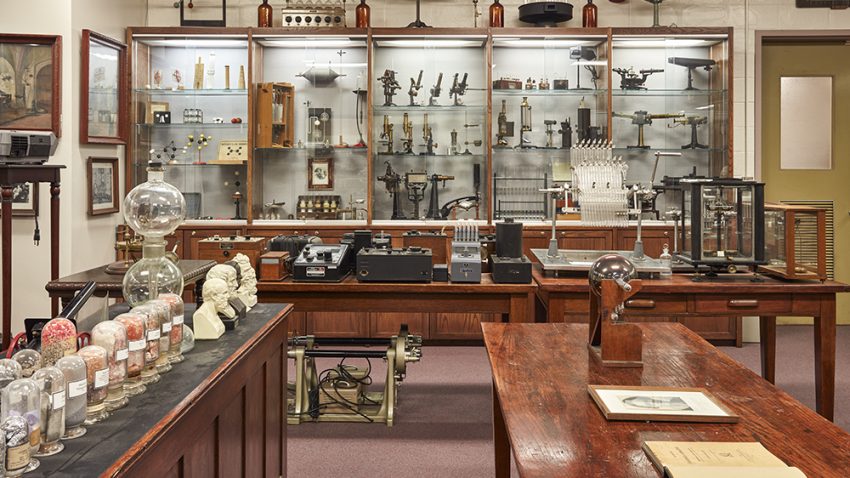
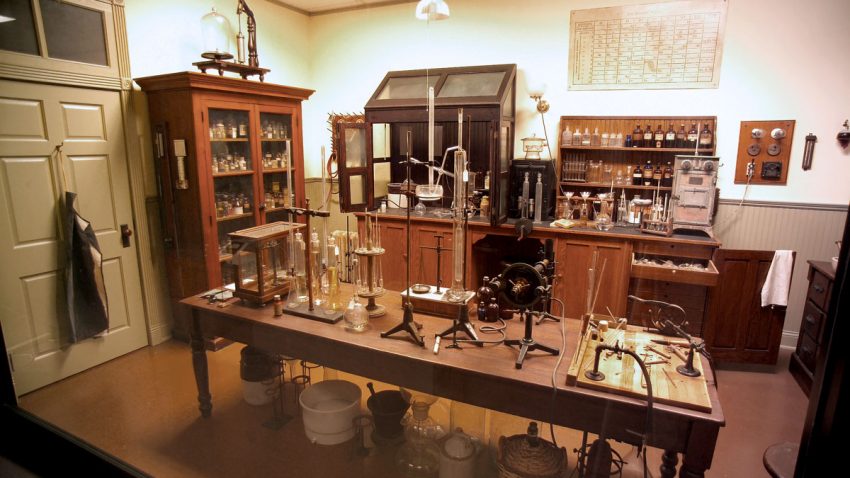
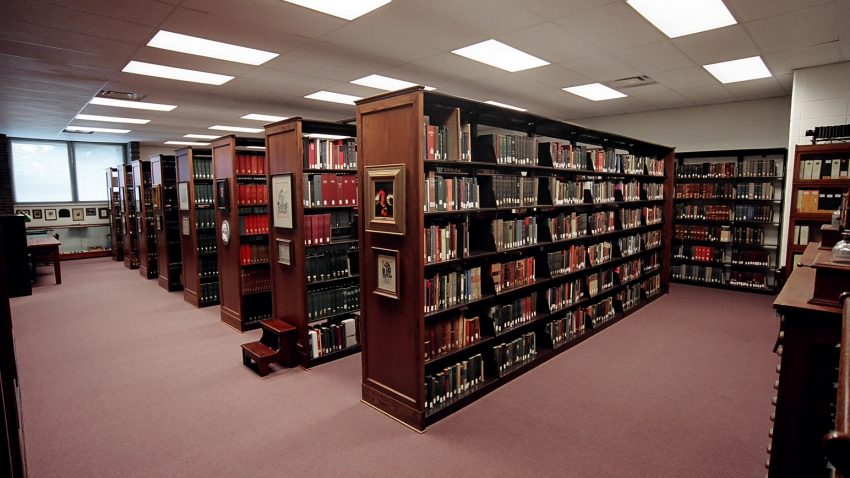
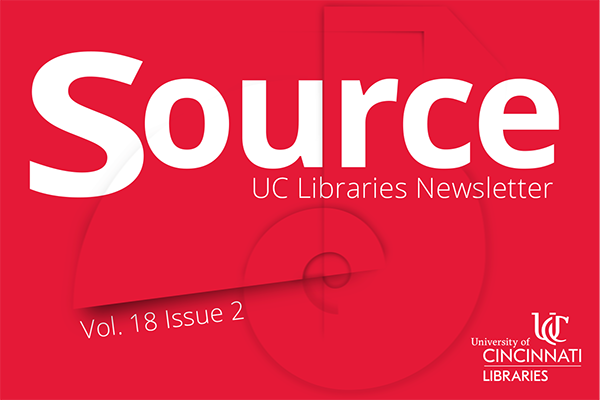 Read Source, the online newsletter, to learn more about the news, events, people and happenings in UC Libraries.
Read Source, the online newsletter, to learn more about the news, events, people and happenings in UC Libraries.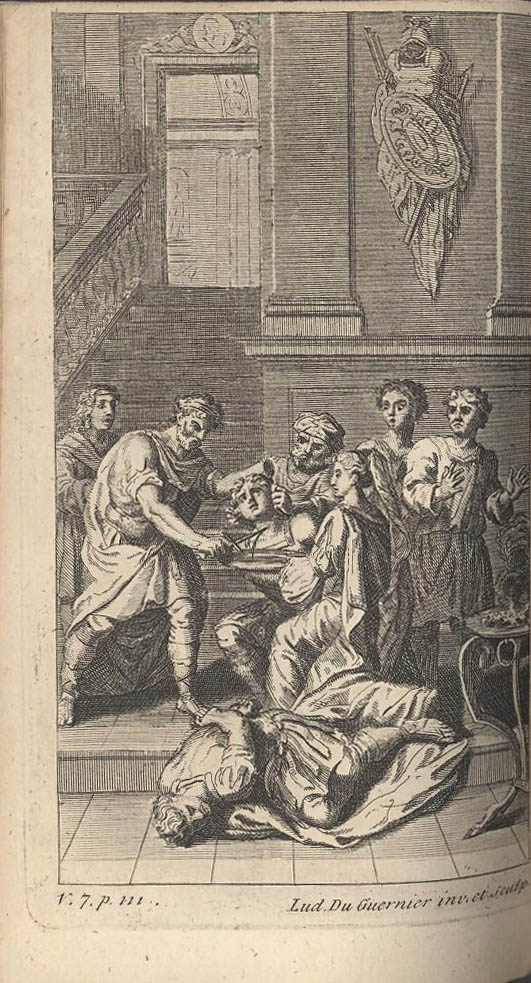
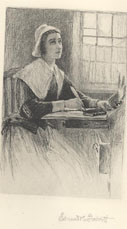
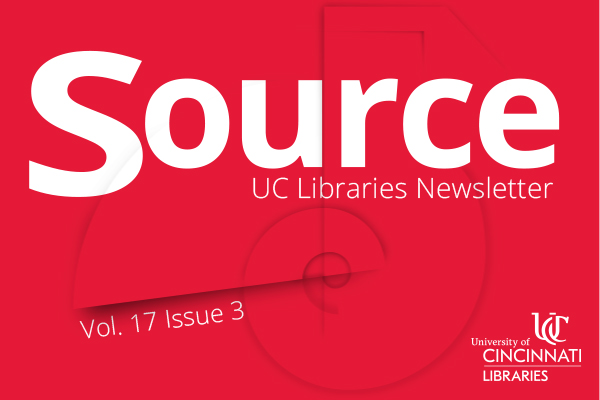 Read Source, the online newsletter, to learn more about the news, events, people and happenings in UC Libraries.
Read Source, the online newsletter, to learn more about the news, events, people and happenings in UC Libraries.